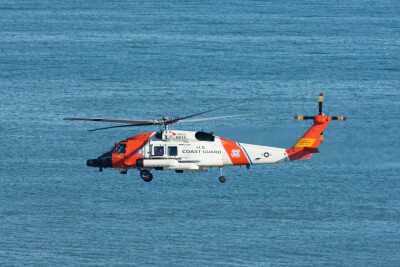Not all Alaska pollock comes from Alaska.
Some of the fish, a source of deep pride for Alaskans, is harvested in Russian waters. Some is caught off the coast of Japan and Korea. But no matter its origin, federal regulations allow any walleye pollock distributed, sold, and consumed in the United States, whether in the form of fish sticks or a miso-glazed filet, to bear a label that calls Alaska home.
The fish-labeling policy, maintained by the Food and Drug Administration, has long riled Alaskan seafood companies and fisheries. But Russian fish masquerading as Alaskan, when tensions between Moscow and Washington keep escalating, has politicians and others furious. Russia's recent ban on American food imports—including all seafood—has only made it worse. The U.S. still imports pollock, salmon, and crab from Russia, but nothing goes out.
That hasn't sat well with fisherman and politicians alike, who have called for the U.S. to impose a retaliatory ban on Russian seafood.
Read the full story at the National Journal>>
Want to read more about Alaska pollock? Click here...






